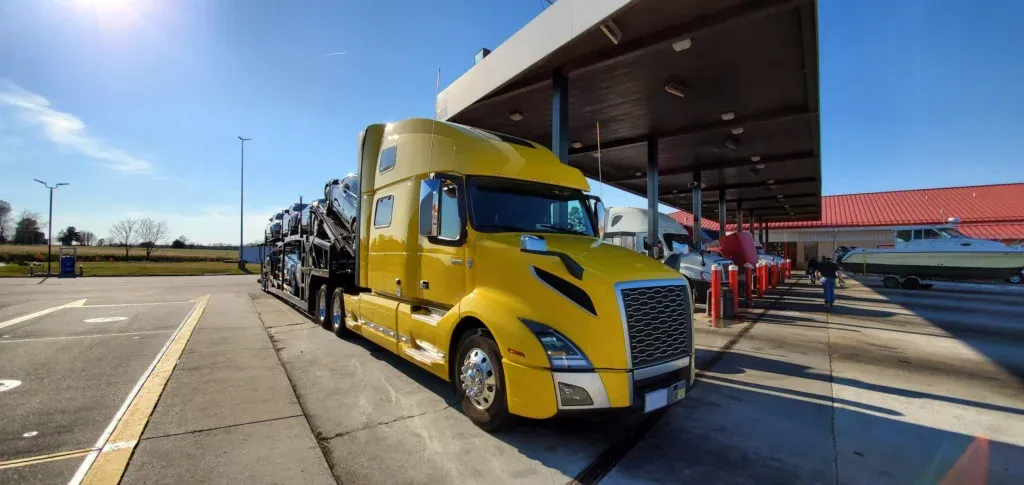The Impact of Rising Fuel Costs on U.S. Freight and Transportation

Rising fuel costs have long challenged the U.S. freight and transportation industry. As fuel prices are among the largest operational expenses, fluctuations in fuel costs can have far-reaching effects on trucking companies, logistics providers, and the overall supply chain. This article explores how rising fuel prices impact the industry and what strategies businesses use to mitigate these challenges.
The Effect on Freight and Logistics Costs
Fuel is a critical expense for freight companies, particularly in the trucking and aviation sectors. When fuel prices rise, transportation companies face increased operating costs, which often translate into higher shipping rates for businesses and consumers. For long-haul trucking companies, diesel fuel makes up a significant percentage of total costs, and a price surge can cut deep into profit margins.
Increased Transportation Rates
Many freight companies implement fuel surcharges to offset rising fuel costs, which are passed along to shippers. This, in turn, leads to higher transportation costs for manufacturers, retailers, and, ultimately, consumers. Industries that rely heavily on just-in-time delivery models, such as retail and automotive manufacturing, experience increased logistics expenses, potentially leading to higher product prices.
Supply Chain Disruptions
High fuel costs can lead to shifts in supply chain strategies. Companies may seek alternative shipping methods, such as rail freight, which is generally more fuel-efficient than trucking. Additionally, businesses may adjust their sourcing strategies by favoring regional suppliers to minimize transportation expenses, thereby altering traditional freight patterns.

The Impact on Trucking Companies
Rising fuel costs pose significant financial risks for small and independent trucking operators. Unlike larger carriers, which may have contracts with fuel providers or employ hedging strategies, smaller companies have limited options for mitigating price volatility. This can lead to reduced profitability, business closures, or consolidation within the industry.
Alternative Fuel Solutions
To combat the impact of fuel price fluctuations, many transportation companies are investing in alternative fuel sources such as electric trucks, natural gas-powered vehicles, and hybrid fleets. While these solutions require high initial investments, they offer long-term cost savings and reduce reliance on volatile fuel markets.
Strategies to Mitigate Rising Fuel Costs
To manage the impact of rising fuel prices, businesses in the freight and transportation sector are adopting various strategies, including:
- Fuel surcharges. Adjusting shipping rates to reflect changes in fuel costs.
- Route optimization. Using advanced logistics software to reduce unnecessary mileage and improve fuel efficiency.
- Fuel-efficient vehicles. Investing in modern, fuel-efficient trucks and incorporating aerodynamic enhancements.
- Driver training. Educating drivers on fuel-saving techniques, such as maintaining steady speeds and reducing idling.
- Alternative transport modes. Shifting to intermodal transport solutions, such as rail and waterways, where feasible.
Conclusion
Rising fuel costs are a persistent challenge for the U.S. freight and transportation industry, influencing pricing, supply chain decisions, and operational strategies. While fuel price volatility remains a concern, businesses that adopt fuel-efficient practices, explore alternative energy solutions, and optimize logistics operations can better navigate these financial pressures. As the industry evolves, investments in sustainable transportation and efficiency-driven technologies will play a key role in mitigating the impact of rising fuel costs.
